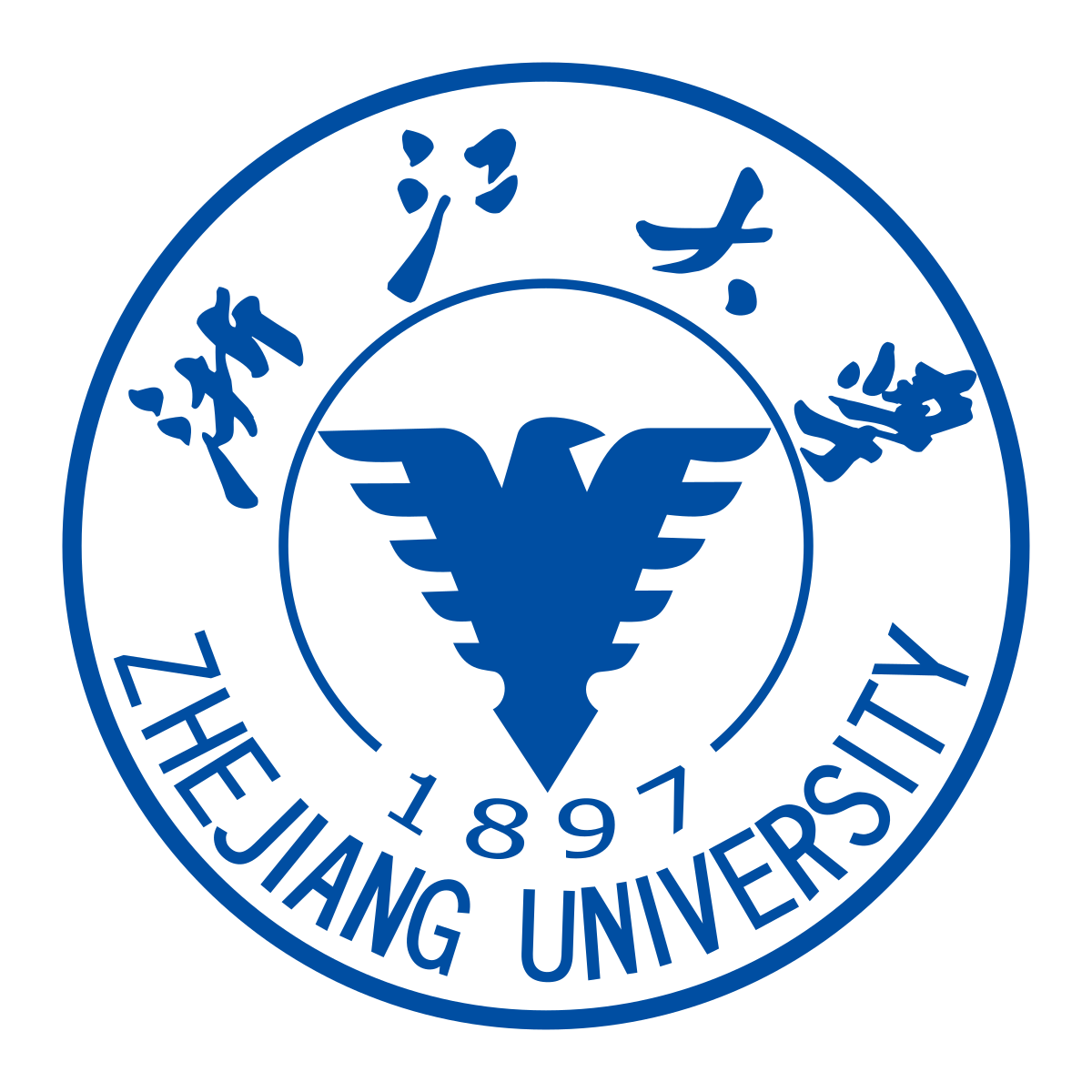Zhejiang University Professor Named As Member Of The Academia Europaea
Recently, Prof. XU Qingbo from The First Affiliated Hospital, Zhejiang University School of Medicine (FAHZU) has been elected as Member of the Academia Europaea.
The Academia Europaea was established in 1988 and is the Pan-European Academy of Sciences Humanities and Letters. The object of Academia Europaea is the advancement and propagation of excellence in scholarship in the humanities, law, the economic, social, and political sciences, mathematics, medicine, and all branches of natural and technological sciences anywhere in the world for the public benefit and for the advancement of the education of the public of all ages in the aforesaid subjects in Europe. Its members are drawn from across the whole European continent, not only western Europe. Members also include European scholars who are resident in other regions of the world. Current membership stands at around 5,000. Amongst them are eighty-three Nobel Laureates, several of whom were elected to the Academia before they received the prize.
XU Qingbo, “Qiushi” Distinguished Professor of Zhejiang University, formerly held a dual professorship in cardiovascular medicine at King’s College London, University of London. He also served as British Heart Foundation John Parker Chair of Cardiovascular Sciences and the President of the Academy of Life Science for Chinese in the UK. In 2019, he joined FAHZU as full-time professor, where he has established the Cardiovascular Disease Research Center. In the past five years, he has made outstanding contributions to the development, academic innovation, achievement transformation, and talent development of the cardiovascular discipline at FAHZU, significantly enhancing its international influence as well.
Prof. XU has long been engaged in vascular biology, stem cell, and regenerative medicine research, founding the largest vascular biology laboratory in Europe. His most representative theory related to vascular stem cells in vascular injury repair and regeneration, led to the development of a new generation of vascular scaffolds characterized by attracting autologous stem cells, which help heal injured vessels. The application of this theory in vascular regeneration has prompted researchers to develop chemotactic factor-type scaffolds, which recruit autologous stem cells to remodel grafted blood vessels. The clinical benefits of this method are significantly higher than those of traditional cell-mixture-type grafted vessels (using a mixture of vascular cells and matrix proteins to re-cellularize the graft). In addition, his innovative research techniques have also gained international recognition, including the first-ever proteomic map of arterial vascular walls and the establishment of the world’s first mouse vascular bypass surgery model, which is now widely used. He also created a manual video for cardiovascular disease animal models.
Having been active in the international academic community for many years, Prof. XU has authored or co-authored more than 20 monographs and served as a reviewer for numerous national funding agencies, including overseas panel of experts of the National Natural Science Foundation of China. He has reviewed manuscripts for top international journals such as The Lancet, Nature, and Nature Medicine and currently serves on the editorial boards of several eminent journals.
Prof. XU Qingbo has made significant contributions to talent development within the international academic community and the Chinese cardiovascular disease research talent team. Many of his students have emerged as prominent figures in their respective fields. For instance, Professor Georg Schett, currently serving as the Vice President of University of Erlangen–Nuremberg in Germany, is the head of the Collaborative Research Centre sponsored by the German Research Foundation. Another accomplished individual is Professor Manuel Mayr, a renowned figure in international cardiovascular research, who holds the esteemed British Heart Foundation Personal Chair in Cardiovascular Science at King’s College London. After joining FAHZU, Prof. XU has remained committed to teaching and nurturing a multitude of national and provincial-level talents.

